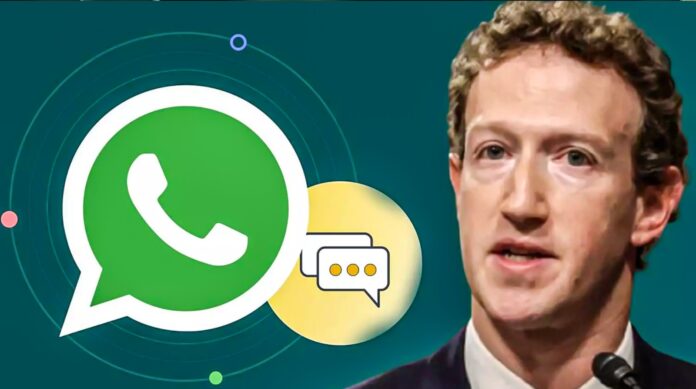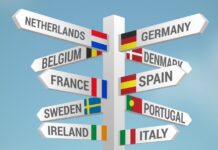Mark Zuckerberg recently appeared on Joe Rogan’s podcast, where he disclosed that U.S. intelligence agencies, such as the CIA, can access WhatsApp messages. This revelation is particularly surprising because Meta, WhatsApp’s parent company, cannot access the content of these messages. During the podcast, Zuckerberg also addressed topics like content moderation and political censorship.
He discussed the pressure Meta faced from the Biden administration regarding misinformation, especially during the pandemic. This raised concerns about government access to private data and the implications for user privacy and security.
Zuckerberg’s remarks have sparked widespread debate about privacy and the extent of government surveillance. Many are questioning how much access government agencies have to private communications and whether this compromises personal privacy in the name of security.
The conversation also delved into Meta’s approach to content moderation. Zuckerberg explained the company’s efforts to combat misinformation, particularly during crises like the COVID-19 pandemic, highlighting the pressure to control false information.
Political censorship was another key topic, with Zuckerberg sharing insights into how Meta navigates political content on its platforms. He emphasized the challenges of balancing free speech while mitigating potential harm.
These revelations have amplified discussions about digital privacy rights and the role of tech companies in safeguarding user data. They also shed light on the influence of government policies on platform operations and the broader debate over the balance between security and individual freedoms.




